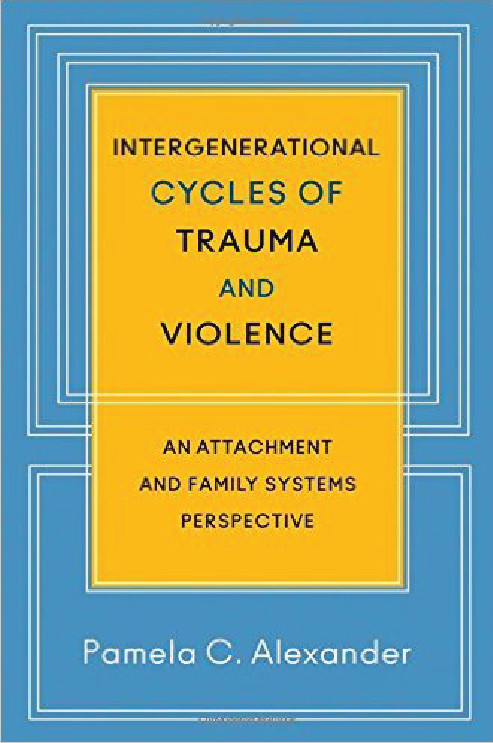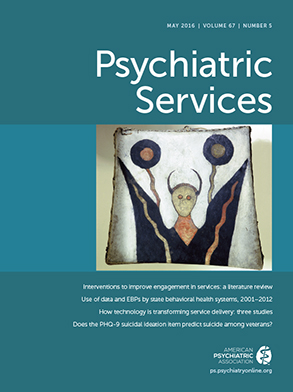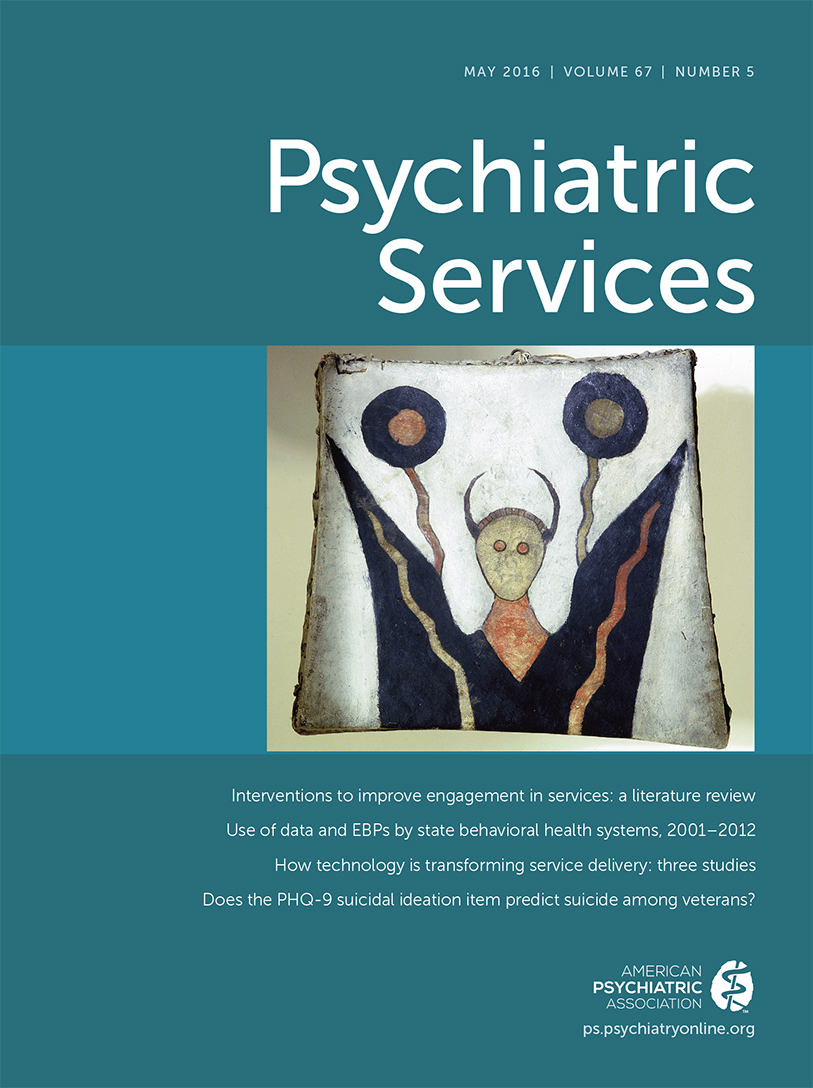Many of us have assumed or witnessed the transmission of interpersonal violence from one generation to the next, but Pamela Alexander, Ph.D., has done more—she has documented the research behind those assumptions with first-class precision. The reference section of her book is almost as long as the text, leaving the reader with the sense that there is nothing of note left out. Researchers and those wanting a comprehensive review of the literature might find Intergenerational Cycles of Trauma and Violence enlightening, although the practicing clinician may have trouble putting the research into a useable context.
Alexander begins by focusing the reader on two theoretical perspectives that set the stage for much of the research she reviews: attachment theory and family systems theory. These perspectives argue that we don’t “learn” to be violent by witnessing or experiencing the violence in the previous generation, but the relationship and attachment between caregiver and child and the placement of that relationship within a larger family system set the stage for the transmission of violence and abuse. Throughout her book, Alexander returns to these theoretical constructs to help explain individual behavior. She also takes specific topics, such as child sexual abuse, bullying, foster care placement, and partner violence, and applies theory—in particular attachment theory—to walk the reader through those situations.
Alexander promises her reader case studies to illustrate some of her research findings, but these are not plentiful. They often seemed buried within the many references, and their connection to theory is sometimes obscure. Clinicians may find themselves digging for clinical material, only to find that the few clinical vignettes are presented without commentary or conclusions.
Alexander seems especially creative when she links some recent research on neurobiology to aspects of attachment theory. She skillfully brings together a medical and a social science perspective. In so doing, she gives credence to her belief that there is an interconnectedness among various ways of processing behavior, a connectedness that may ultimately help us to understand not only the causes, but also the treatment paths for approaching intergenerational violence.
The reader should be clear that Alexander has not set out to write a “how to” book. Her volume is not for the faint of heart, and there are no easy prescriptions for treating individuals or families who have been enmeshed in repeated cycles of violence. Alexander does, however, discuss individual resilience at the end of her book and stresses the importance of people outside the family circle who may be able to see something valuable in the child or to embrace the family “no matter what.”
Despite the focus of this book on literature and research, there is something almost enticing for the practicing clinician. I found myself reading some sections again and again, searching for those little gems that I could apply to my practice or teach to my students. I am not primarily an academic or a researcher, but I plan to read Alexander’s book a second time and use it as a reference in my work.


